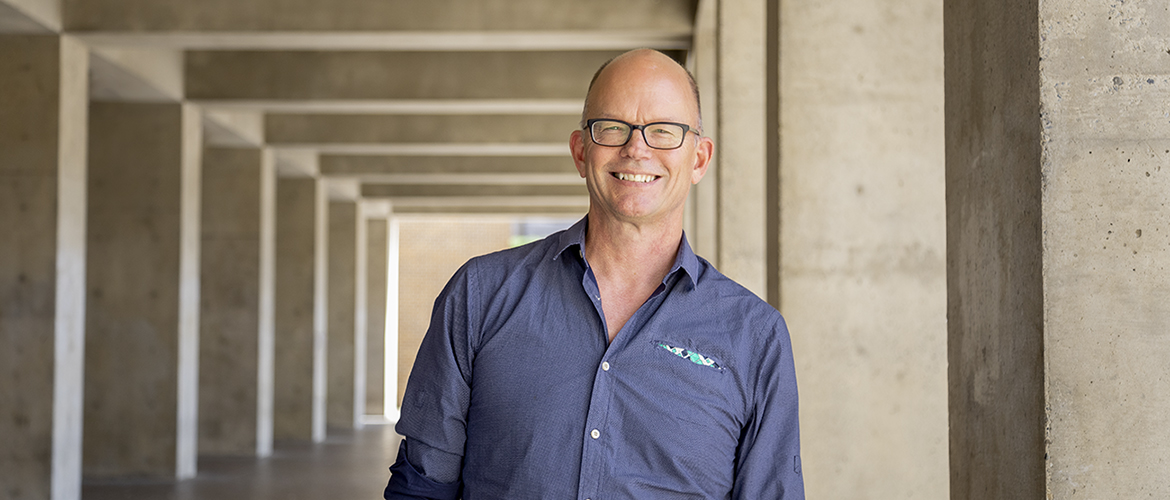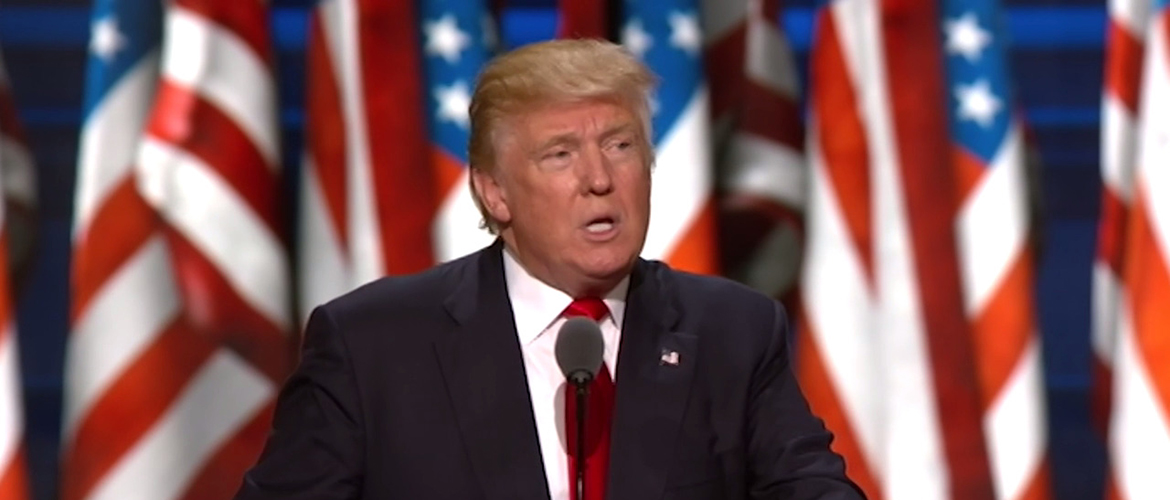Students interested in modern politics rarely study religion as well. James Wellman believes they should. Religion plays a critical role in politics, says Wellman, professor and chair of the UW Comparative Religion Program in the Jackson School of International Studies. “Religion can motivate people to do things politically that we wouldn’t have thought possible,” he says.

Wellman is teaching two seminar courses this quarter that explore the influence of religion on politics--Comparative Religious Nationalisms and Religion, Politics, and International Conflicts. “The history of the relationship of religion and politics, international conflict, and diplomacy is a whole new division in the study of American politics now, and one that fascinates me,” says Wellman. “But I have to convince students that this is important.”
Religion and politics have always been related, says Wellman, who edited a book on religion and violence in 2007 and co-edited a volume on religion and human security in 2012. He believes the current rise in nationalism provides a particularly vivid example of religion influencing politics, with leaders using religion to justify strongman tactics.
Religion can motivate people to do things politically that we wouldn’t have thought possible.
“Nationalism is always looking for an ideology that will help it,” Wellman says. “It will use religion to defend itself, to puff itself up, or to go to war. And it works, because religion is a totalistic ideology that says, ‘Not only should we attack our enemy, but God is calling us to do so.’”
Wellman points to several unlikely marriages between religion and politics: Vladimir Putin maintaining a close relationship with the Russian Orthodox Church; “the religionization of Israeli society” (as described by Israeli scholar Horit Herman Peled); and the intensification of Muslim identity in Turkey under President Recep Tayyip Erdoğan. And then there’s U.S. President Donald Trump, who courted Evangelical Christians during his campaign and continues to woo them. “The common denominator for all these leaders and countries is that they seek partnerships with religion and the religious,” says Wellman. “They will use religion whether or not they are religious themselves.”

And for good reason. In the case of President Trump, Pew reports have shown that nearly 70 percent of white Evangelical Protestants continue to support Trump, says Wellman. “Our culture is in a time of dramatic change, and Evangelicals feel under duress," he explains. "They are politically savvy and motivated to keep America ‘traditional.’ They are why, despite the culture changing under our feet, Donald Trump was able to be elected. Trump happened in part because of voters motivated by religion and the need for many to maintain traditional moral values.”
An exception to the pattern of strongmen courting religious groups is China. Yet even in that officially atheist nation, religion and politics are intertwined. “With Xi Jinping in China, religion is a problem,” says Wellman. “Xi is literally creating re-education camps to de-religionize the Muslim population, or in the case of Tibetan Buddhists, to diminish the power of that population’s religion. So religion can be a partner in nationalism, or it can be the enemy of nationalism, but either way it is a real power in cultures and it has to be dealt with. Leaders, and citizens more broadly, have to take religion seriously.”
Wellman hopes students will delve into the subject regardless of their own religious beliefs. He describes his courses on religion, politics, and nationalism as “a plunge into a deep and profound pool” that can lead in many directions. He anticipates both courses evolving over time.
“Religion can win elections and alter a national culture,” he says. “Secular liberals may find that horrifying, but that doesn’t disprove that it is true. They need to know their opponent.”
More Stories

AI in the Classroom? For Faculty, It's Complicated
Three College of Arts & Sciences professors discuss the impact of AI on their teaching and on student learning. The consensus? It’s complicated.

A Sports Obsession Inspires a Career
Thuc Nhi Nguyen got her start the UW Daily. Now she's a sports reporter for Los Angeles Times, writing about the Lakers and the Olympics.

A Healing Heart Returns
In February, the UW Symphony will perform a symphony that Coast Salish elder Vi Hilbert commissioned years ago to heal the world after the heartbreak of 9/11. The symphony was first performed by the Seattle Symphony in 2006.